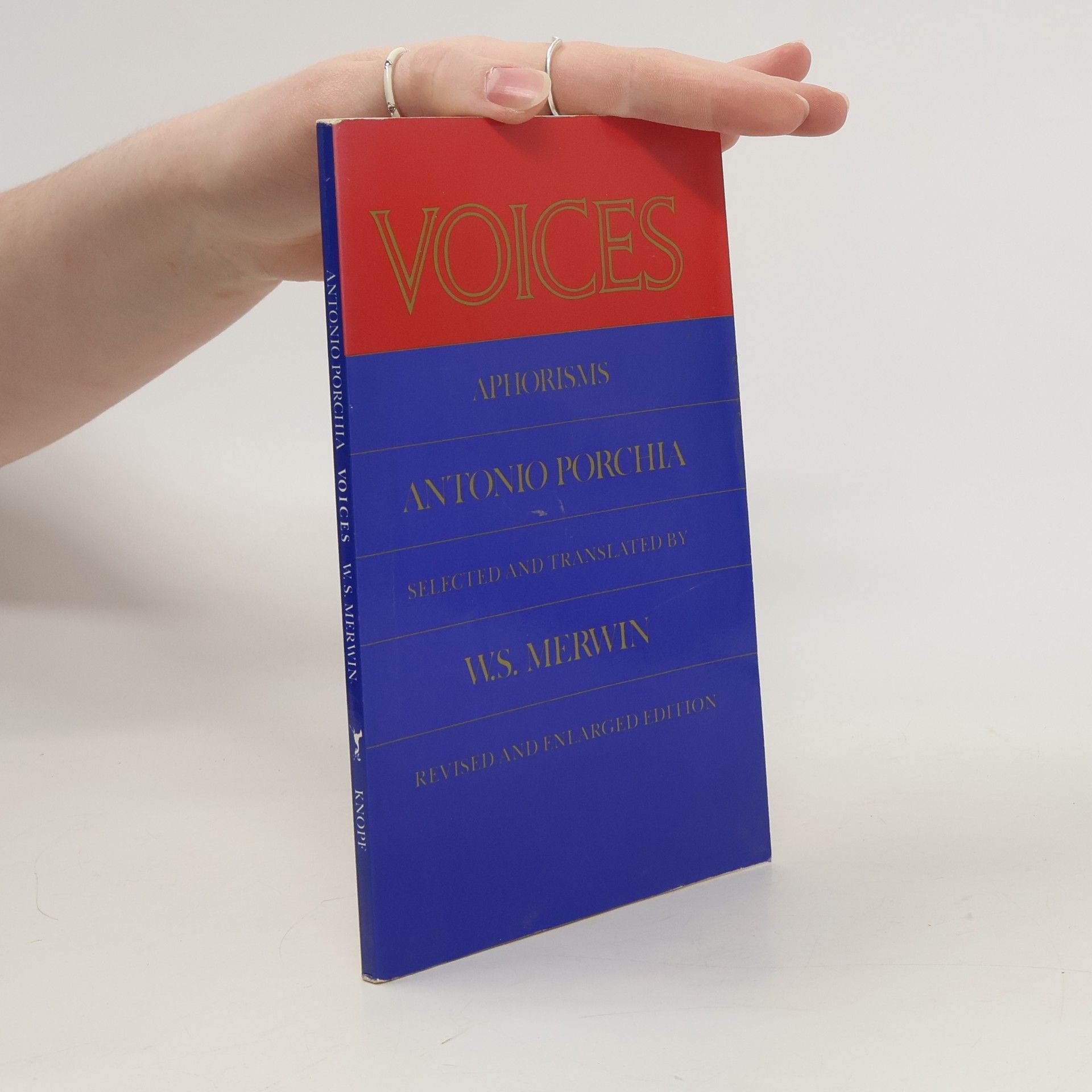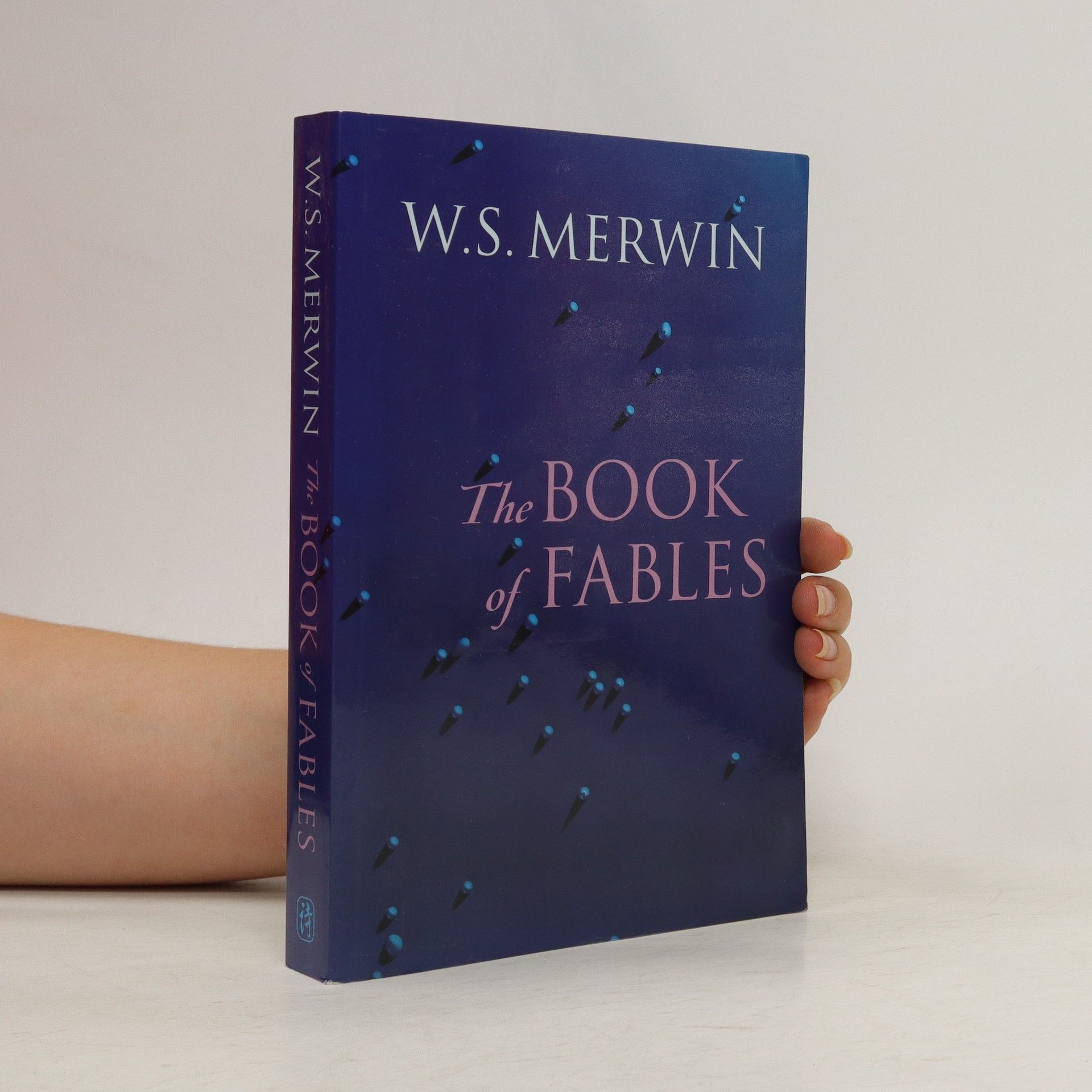The Book of Fables
- 349 stránek
- 13 hodin čtení
“Metaphors, puns, surrealist visions, converted into sharp, disturbing little narratives . . . only a poet, and a good one, could have written it.” — The Atlantic MonthlyW.S. Merwin’s acclaimed short prose pieces — many of which first appeared in The New Yorker — blur the distinction between fiction, poetry, essay, and memoir. Reminiscent of Kafka, Borges, and Beckett, they evoke mythical patterns and unlikely adventures and raise questions about art, reality, and meaning. As the, itself fabled, Saturday Review once remarked, the prose pieces have “astonishing range and power.”The Book of Fables comprises all the short prose from two of Merwin's out-of-print collections, The Miner’s Pale Children and Houses and Travellers. The pieces run from a single sentence to a dozen pages and create a poetic landscape both sere and sensuous.





